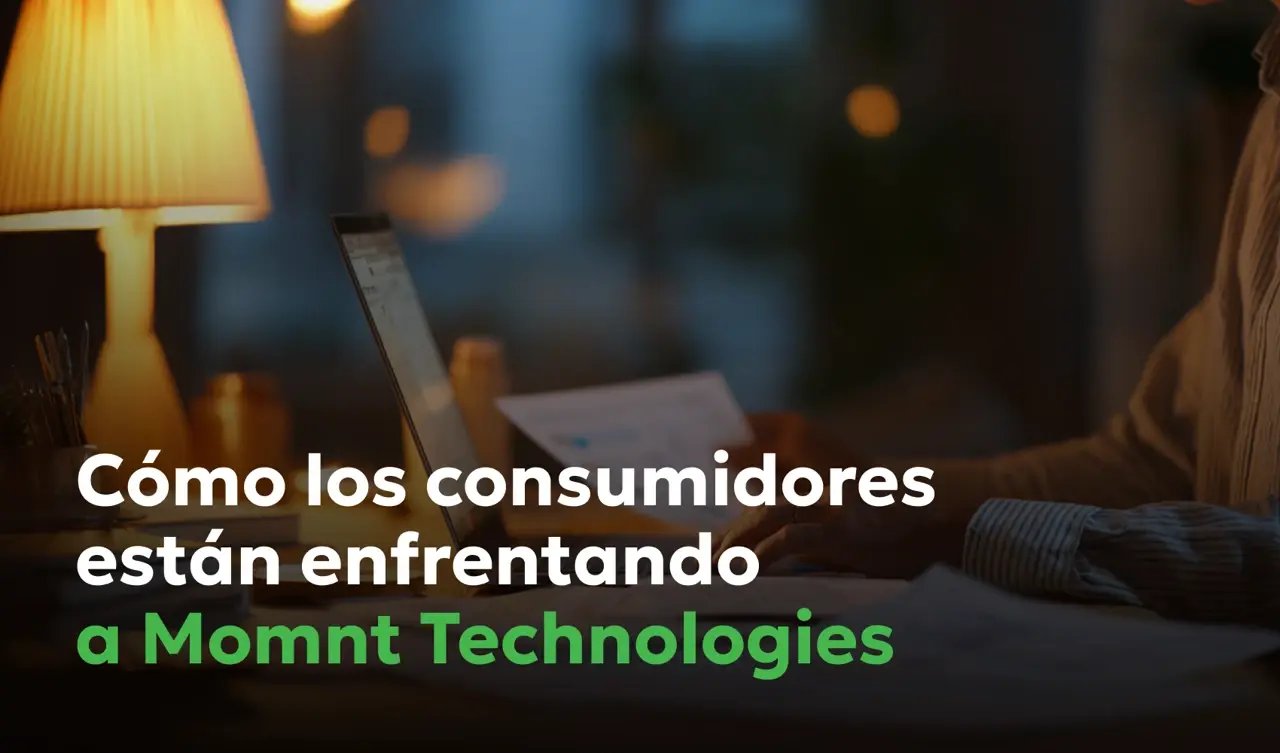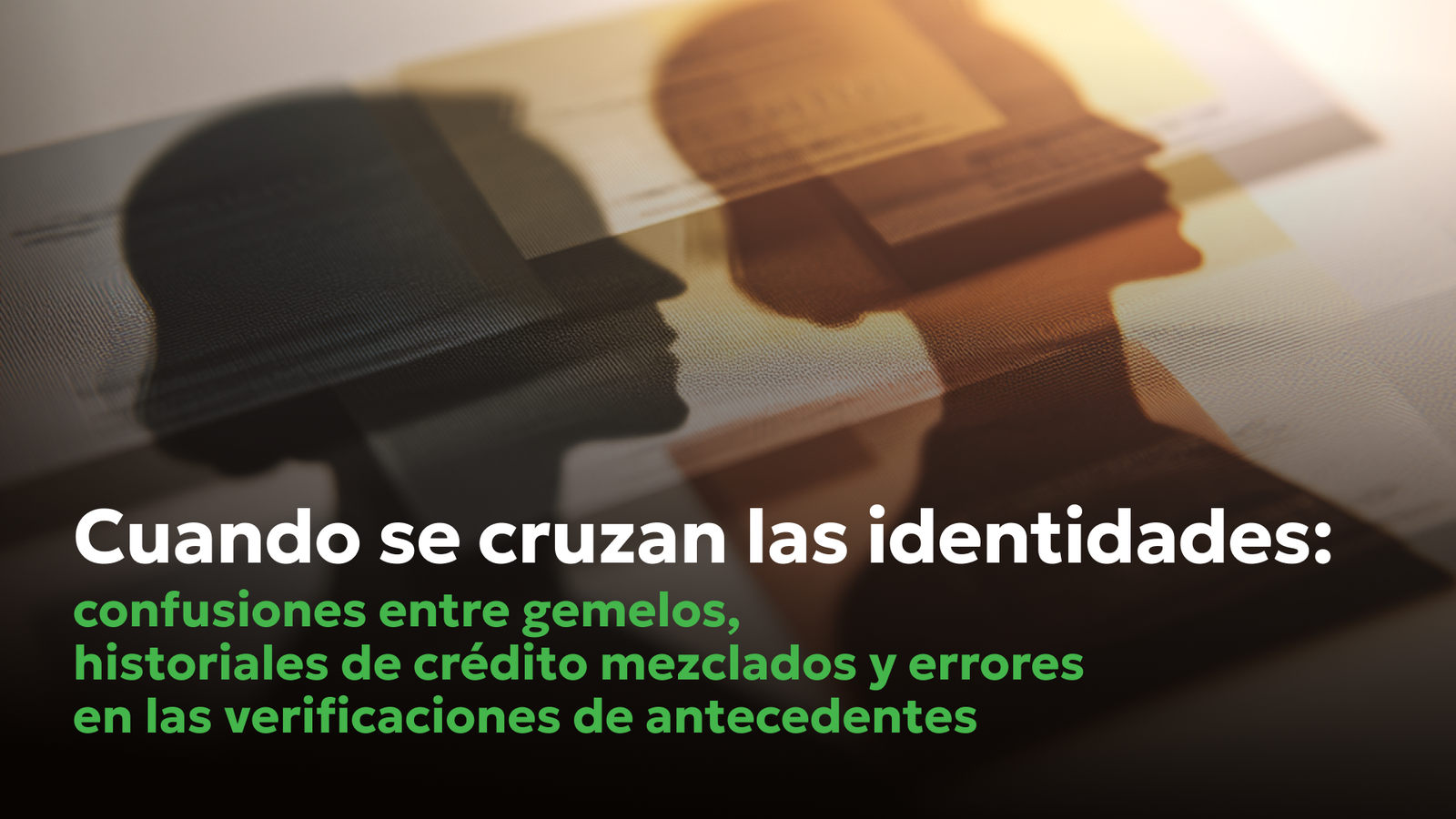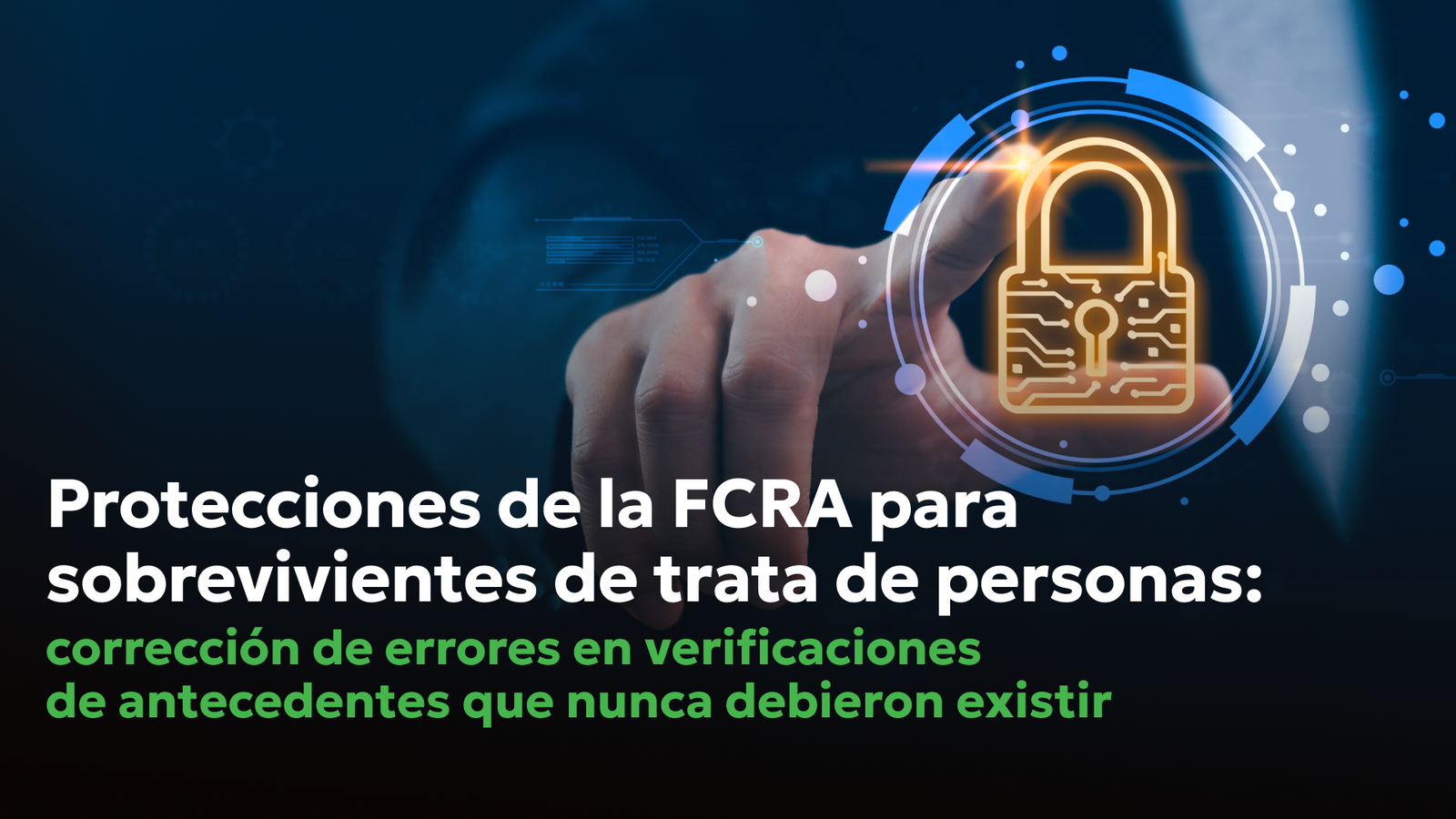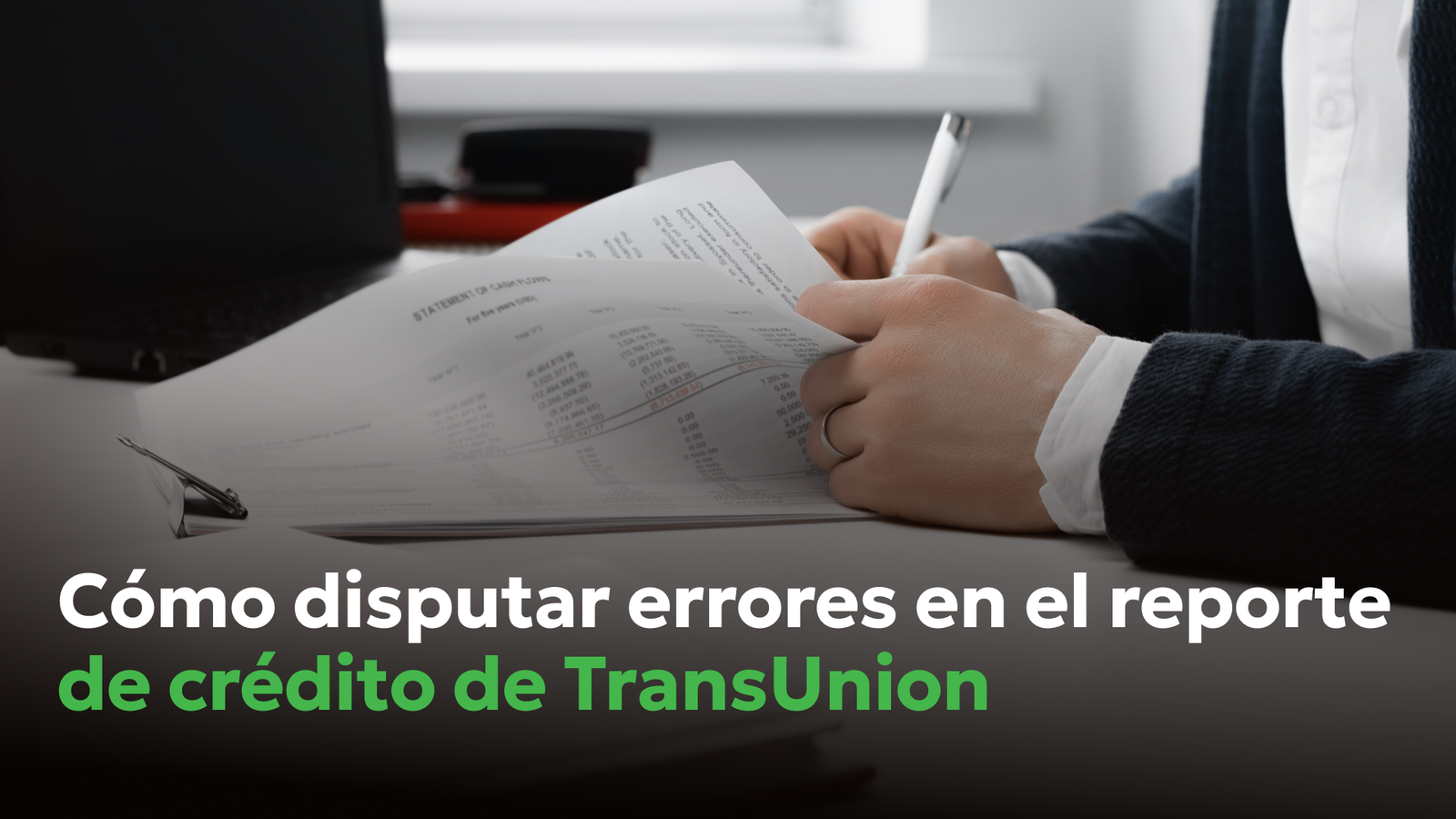¿Cuál es la diferencia entre las verificaciones de crédito suaves y las verificaciones de credito duras?
¿Cuál es la diferencia entre las verificaciones de crédito suaves y las verificaciones de credito duras?
- Blog
- Inexactitudes en los Informes de Crédito
¿Cuál es la diferencia entre las verificaciones de crédito suaves y las verificaciones de credito duras?

Hay algunas diferencias considerables
Las verificaciones de crédito suaves y duras tienen diferencias importantes.
Hay dos tipos de verificaciones o consultas de crédito: verificaciones de crédito suaves y verificaciones de crédito duras.
El resumen es el siguiente: Las verificaciones de crédito suaves ocurren cuando usted recibe una oferta de un prestamista o cuando verifica su propio crédito. En cambio, una verificación de crédito dura ocurre cuando un acreedor verifica su crédito antes de aprobarle un producto crediticio que ha solicitado. El producto crediticio podría ser un préstamo para automóvil, una tarjeta de crédito o una hipoteca, etc.
Vamos a profundizar un poco más en lo que distingue un tipo de verificación de crédito del otro.
Las diferencias entre una verificación de crédito suave y una verificación de crédito dura
Hay algunas distinciones concretas entre los dos tipos de consultas de crédito.
1. Efecto sobre el puntaje de crédito
Las consultas de crédito suaves no afectan en absoluto su puntaje de crédito. En su informe de crédito solo son visibles para usted, si es que aparecen.
Las consulats de crédito duras en realidad afectan su puntaje de crédito; lo reducen en algunos puntos. En su informe de crédito, son visibles para todos sus posibles acreedores. Permanecen en su informe de crédito máximo dos años como registros negativos. Sin embargo, su efecto en el puntaje de crédito suele desaparecer después del primer año.
Es poco probable que una sola consulta de crédito dura afecte a la decisión de cualquier prestamista potencial de conceder su solicitud, pero le recomendamos que evite solicitar varios productos de crédito al mismo tiempo o en un período corto de tiempo, ya que activan múltiples consultas de crédito por parte de los potenciales prestamistas.
Además de reducir su puntaje de crédito, la presencia de múltiples consultas de crédito duras en un período corto en su informe da a los prestamistas la impresión de que está pasando por dificultades financieras y que puede ser un cliente de alto riesgo.
Sin embargo, vale la pena mencionar que si usted está en "búsqueda de tasas" las diversas consultas de crédito duras contarán como una única consulta de crédito dura. Esto puede pasar cuando usted está buscando tipos específicos de préstamos, como hipotecas para vivienda. Las agencias clasificarán las consultas de varios prestamistas hipotecarios en una sola consulta en su informe.
2. Autorización
Para que se lleve a cabo una verificación de crédito dura, debe dar su autorización. Cuando solicita productos de crédito, como parte de los trámites burocráticos, normalmente firmará un formulario de autorización de informe de crédito. Esto le da permiso al acreedor para realizar una verificación dura de su informe de crédito.
Para una verificación crediticia suave, no es necesaria su autorización y puede ocurrir incluso sin su conocimiento.
3. Cuándo ocurren las verificaciones
Una verificación de crédito dura ocurre cada vez que solicita un producto crediticio como una tarjeta de crédito, un préstamo, un préstamo para automóviles o una hipoteca. El acreedor realiza una verificación crediticia dura para determinar lo siguiente:
- Su solvencia crediticia
- Cómo ha manejado el crédito anteriormente
- Si tiene la costumbre de pagar sus facturas a tiempo
- Si hay registros negativos en su informe
En resumen, les ayuda a determinar si usted es un cliente de alto riesgo.
Las verificaciones de crédito suaves son frecuentes y no están vinculadas a ninguna solicitud en particular para un nuevo producto de crédito.
Los ejemplos de verificaciones crediticias suaves incluyen:
- Verificaciones de crédito realizadas por usted
- Verificaciones realizadas por las compañías de seguros para determinar la elegibilidad o el precio de una nueva póliza
- Verificaciones de antecedentes realizadas por empleadores potenciales
- Ofertas de tarjetas de crédito pre-calificadas
- Verificaciones realizadas por un acreedor existente para el mantenimiento de la cuenta
Comprender las diferencias entre las verificaciones de crédito suaves y las verificaciones de crédito duras lo ayudará a comprender la implicación de cada una y su efecto en su puntaje de crédito: puede utilizar una verificación de crédito suave para identificar errores de información crediticia en su informe e incluso descubrir casos de robo de identidad; si encuentra alguna consulta de crédito dura y extraña en su informe, usted tiene que disputarla con la oficina de crédito correspondiente y comunicarse con la Oficina para la Protección Financiera del Consumidor.
Póngase en contacto con nosotros si necesita ayuda para lidiar con los errores.


Daniel Cohen es el fundador de Consumer Attorneys. Daniel gestiona los esfuerzos de branding, marketing, captación de clientes y desarrollo de negocio de la firma. Desde 2017 es miembro de la Asociación Nacional de Defensores del Consumidor y del Centro Nacional de Derecho del Consumidor. Es reconocido nacionalmente en la protección de los consumid... Leer más





Artículos relacionados




R
ES™Usted no asume ningún gasto. La ley exige que ellos paguen.


